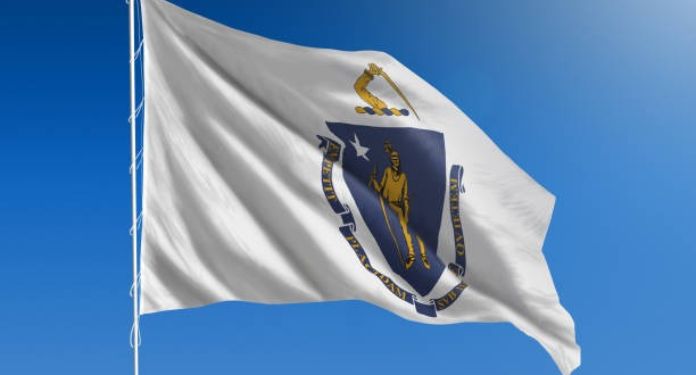The Massachusetts Senate has decided to keep the tax rate on online sports betting at 20%. The proposed increase to 51%, suggested by Senator John F. Keenan, was rejected.
The change, called Amendment 828, intended to alter the 2025 budget, but did not receive the necessary support.
Details of the proposal involving sports betting
The proposal aimed to almost triple the tax rate on the activity. Massachusetts regulated sports betting in 2023, allowing both online and retail betting.
Right now, the state taxes retail sports betting at a rate of 15%. Since the regulation, the state has collected $127 million in tax revenue, according to the American Gaming Association.
Sports betting allocates its tax revenues to five funds, with the state General Fund as the top recipient, totaling $57.2 million since 2023.
Other states like New Jersey and Illinois are also considering increasing taxes on betting operators, reflecting a trend to seek more revenue from a growing sector.
Impact on state finances
The main argument for maintaining the current tax rate was the balance between revenue and competitiveness. An increase to 51% could discourage gambling operators from entering or remaining in the Massachusetts market, potentially reducing long-term revenue.
Therefore, maintaining the 20% rate aims to ensure the continuity of the flow of tax revenue without harming the development of the sports betting market in the state.
Although the proposed increase was rejected, the debate over taxing betting is likely to continue. Legislators and interested parties can look for other ways to optimize tax collection without compromising the sector’s growth.
The American Gaming Association highlights that balanced taxation is crucial for the sustainability and competitiveness of the betting market.
Additionally, the Massachusetts Gaming Commission recently postponed a vote on TGL betting, indicating that the state is still fine-tuning its regulations to maximize the economic benefits of sports betting.
Finally, Senator John F. Keenan, in defending Amendment 828, highlighted the need to increase state revenues to fund public programs and services.
However, the rejection of the proposal indicates a greater concern with the stability and attraction of investments in the betting sector.

